Mali’s Azawad Problem: is peace without victory possible? – By Kamissa Camara
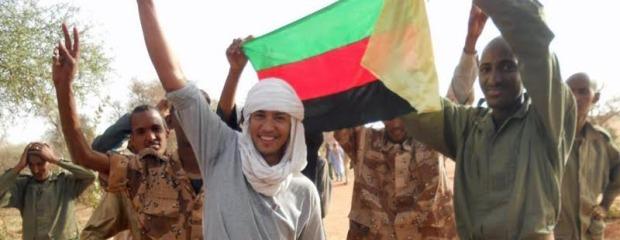
15 May 2015 marked the official signing of the long awaited peace and reconciliation agreement between Mali’s government and the Arab and Tuareg rebel groups. These are the same groups who in 2012 took up arms against the central state in a rebellion, claiming an independent northern territory called “˜Azawad.’
May 15 also signaled the formal conclusion of five rounds of internationally backed negotiations, which started in July 2014, under the auspices of neighbouring Algeria. Yet, the absence of one of the main parties to the Algiers process from the official signing ceremony, and its formal refusal to approve the final version of the agreement, is one of many incidents that have compromised both the significance and legitimacy of the negotiation process. Most importantly, this rejection has jeopardized any serious peace prospects for northern Mali.
Less than a week before the official agreement signing date, the Coordination of the Azawad Movements (CMA) – one of the main rebel groups represented in Algiers – explained that the Coordination did not approve the agreement in its current form. Although the CMA has agreed to initial the peace agreement as a first step towards reconciliation, the CMA spokesperson stated that the agreement did not officially recognize “˜Azawad’ as a geographic, political and legal entity. Here is the major paradox of the Algiers process: prior to the start of the negotiations, the Malian government had ruled out any talk of independence or federalism, considering these principles “red lines” drawn by the government around which there would be no negotiation. The irreconcilable expectations of both parties doomed the negotiation process from the very beginning.
If the negotiations and the peace agreement have done anything, they have maintained an already fragile status quo in which the government of Mali remains at war with separatist rebels who continue to question its authority.
Prompted by the 2012 Tuareg rebellion, the fourth since Mali’s independence in 1960, the Algiers process has suffered many setbacks from the start. The repeated violations of the February 2015 UN cease-fire signed seven months into the negotiations to end the continuing fighting between pro-government militias and rebel groups have further complicated the peace negotiations. The cease-fire did very little to stop the attacks from both sides. More recently, and three days before the official signing of the peace agreement, CMA rebels attacked the Malian army in Timbuktu, causing the death of nine Malian soldiers.
Despite increasing international pressure to stop the violence, the signing of the May 15 peace agreement will certainly not guarantee the stability of northern Mali in the near future. The repeated urging to end the cease-fire violations and the calls for peace by the United Nations and the UN Peacekeeping mission to Mali (MINUSMA) has proved unsuccessful. In the northern regions of Gao, Timbuktu and Mopti, the renewed fighting has intensified over the past four weeks, causing close to 60,000 Malians to flee their homes.
Worth noting is that in contrast to all previous agreements, the 30-page 2015 Peace and Reconciliation Agreement has accommodated many of the demands made by the rebel groups and even offers some innovations. These include a greater representation of the northern populations in national institutions and a formal mechanism that will start in 2018 and will transfer 30 percent of the national revenues from Bamako to local authorities.
Although the Malian government has remained open to discussions over devolving more authority to regions via elected regional councils, this will be done within the framework of an extensive decentralization of state powers that would apply to all regions of Mali. Obviously, the renewed demand for the complete autonomy of the so-called “˜Azawad’, a demand made by the separatist Tuareg and Arab factions from the north, has remained unanswered.
The 2015 agreement also includes a clause that mentions the full disarmament of rebel groups within one year of the May 15 signing ceremony. Mali’s demobilization, disarmament and rebel integration processes (DDR) and in some cases re-integration of rebel groups within the army and the civil service, have proven highly unsuccessful in the past. This is partly due to the fact that past rebellions were mostly led by Tuareg and Arab soldiers who had deserted the Malian army along with pillaged weapons. Porous borders in the northern part of the country and a vast desert terrain have complicated any disarmament efforts.
Adding to the disarmament conundrum, the 2012 rebellion directly followed the return of Tuareg soldiers who had fought alongside Libya’s Gaddafi and who have returned to Mali with heavy weaponry from Gaddafi’s looted arsenal. As such, the disarmament of separatist rebel groups in the years to come seems to be both a risky and improbable project that can only be successful if all parties involved have agreed on the same long-term objectives. As things currently stand in Mali, this is far from the case.
The signing of the peace agreement is only one very small step toward reconciliation and long-term peace in Mali, a country whose stability will be key for the future of the Sahel region as a whole. Peace prospects in Mali offer a very limited number of possibilities. This is due to the radically opposed expectations of the northern rebels from those of the Malian government when it comes to the issue of autonomy. It also comes from the fact that rebels who took up arms against Mali’s central government only represent a minority within a minority.
Militarily and due to their sophisticated weapons and knowledge of the terrain, Mali’s Tuareg and Arab rebels are at an advantage in Northern Mali. Legally, the Malian government holds the cards. Realistically, Mali’s government can only ensure that all aspects included in the most recent peace agreement are implemented to the best of the government’s abilities. Despite the CMA’s refusal to sign the agreement, the glass could be seen half full since all other parties did.
Kamissa Camara is a Sahel political analyst and Senior Program Officer, West & Central Africa at the National Endowment for Democracy. She writes in her personal capacity.


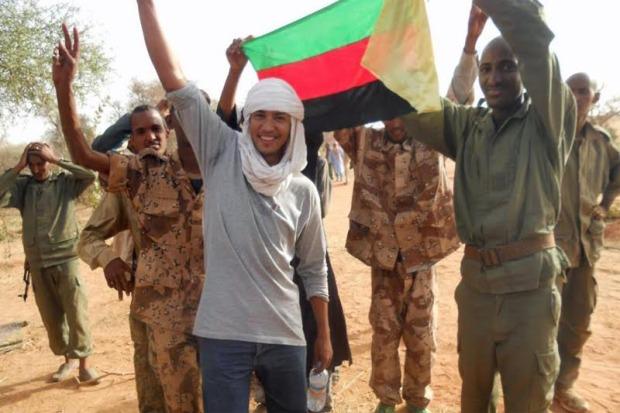
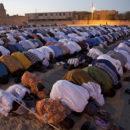
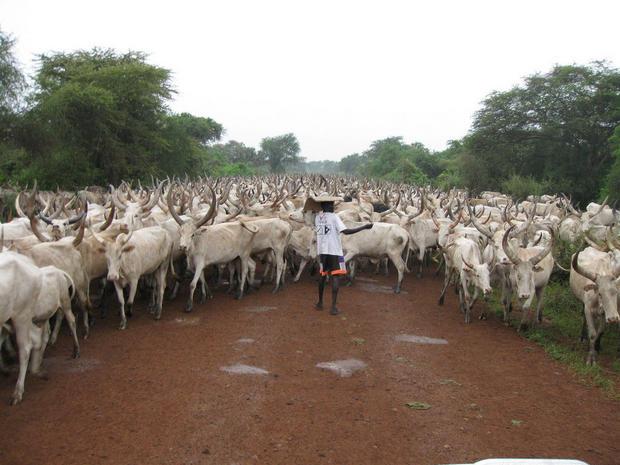
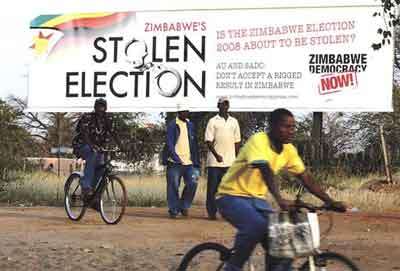


A strong independent Azawad would be an armed bulwark against Boko Haram, ISIS, and Al Qaeda in this strategic reason. The Mali government is weak and corrupt. Why then does France and the African Union protest so much? Would they rather see more ravages by extremists than self determination by Amazighs?
Excellent piece. I think one of your last points is very poignant – that the rebels represent a minority within a minority, and that they are only supported in terribly rural areas. To what level does their appeasement fracture other frail relationships, given the governments poor record of decentralizing power/resources to the north.
Arabs and Tuareg separatists are joining Ansar Dine en masse again as we speak, and the country is falling once more into the viscous cycle of complex insurgencies, while Bamako nurtures the illusion that they have a peace process signed with the “separatists.” I wonder if the French will commit enough against the new rising jihadist tsunami or all patience is lost and we may be facing another Syria/Iraq “Maghreb-style” on the making.